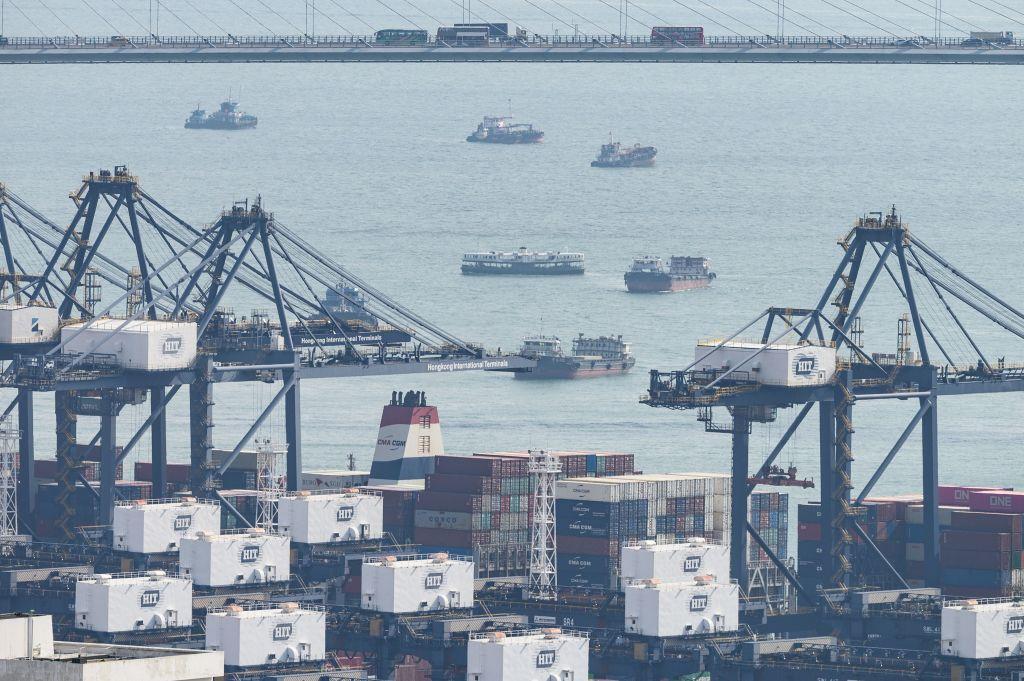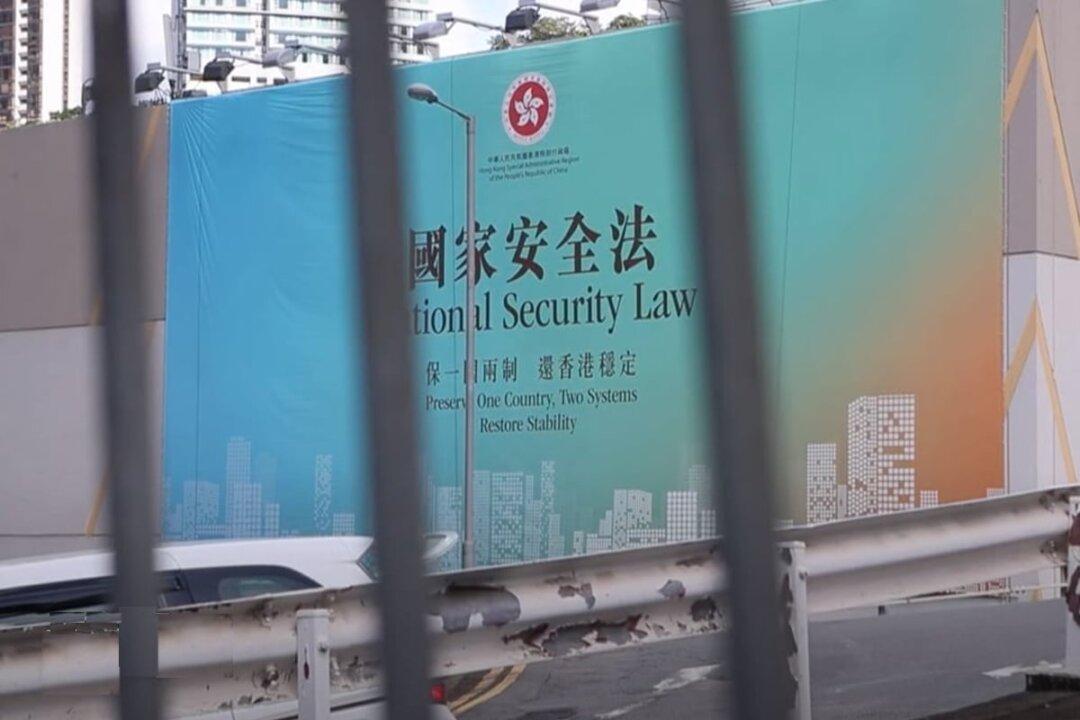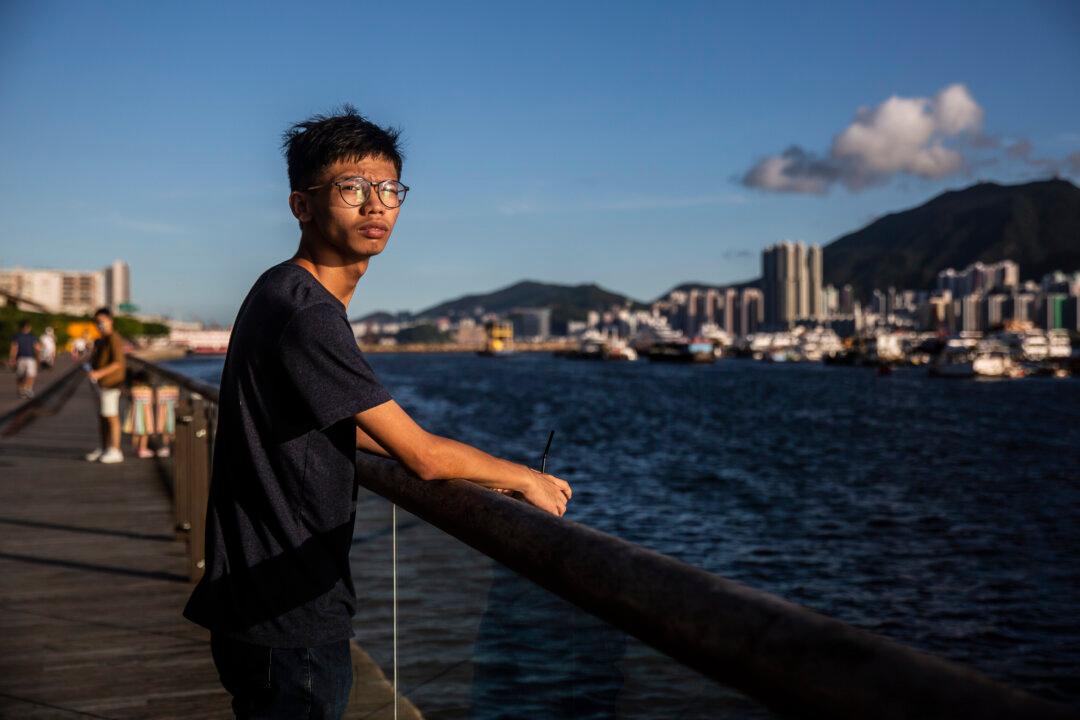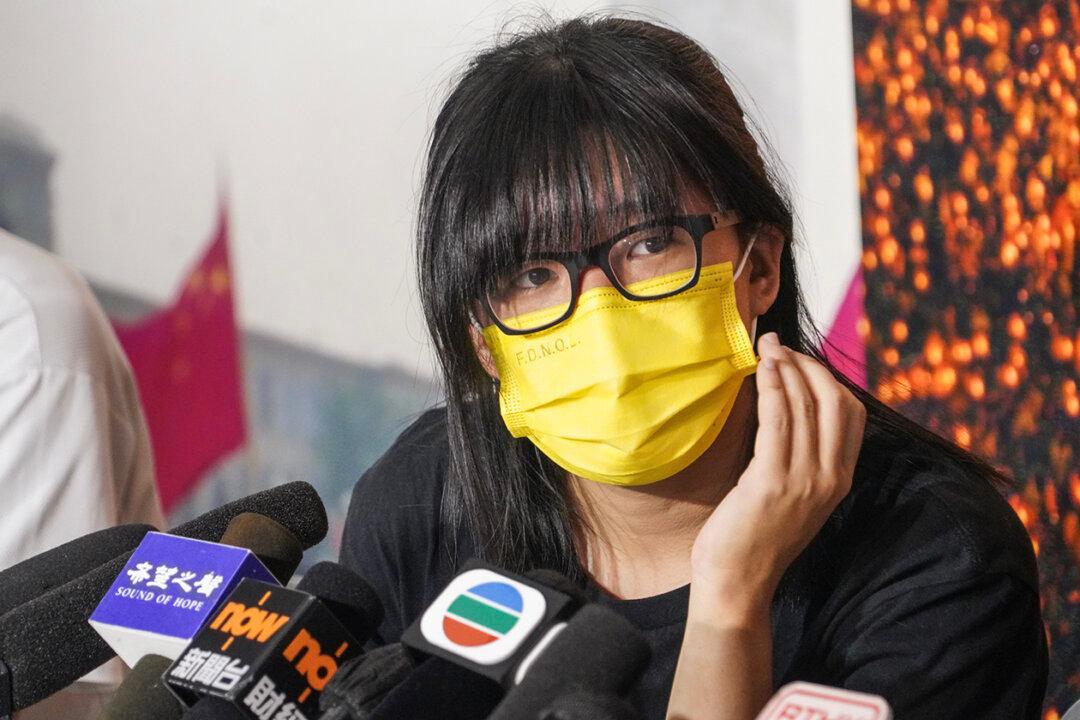Hong Kong has dropped off the list of the world’s top 10 container ports last year for the first time, according to recent data from Alphaliner, a French maritime consulting firm.
Hong Kong’s port throughput dropped by 14.1 percent to 14.3 million TEUs (twenty-foot equivalent units) in 2023, indicating a long-term decline in the once-thriving container port, which ranked among the world’s busiest for over 40 years.




